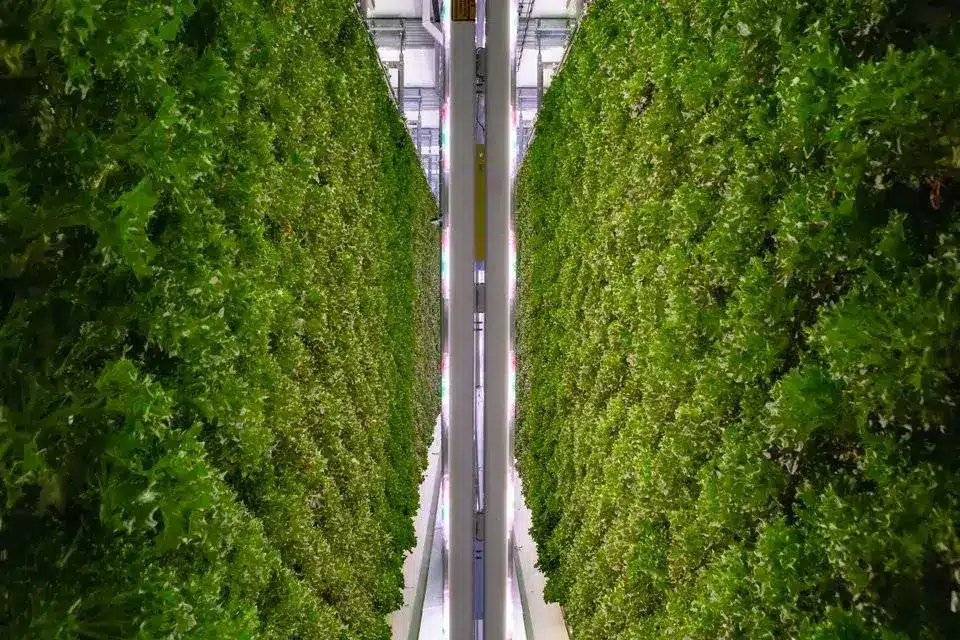Vertical farming, the practice of growing crops in vertically stacked layers or inclined surfaces, is touted as a less sustainable alternative to traditional farming. The large-scale Swedish vertical farm, Ljusgårda, has been the subject of an intriguing new study comparing its environmental impact to conventionally grown lettuce. These life cycle analysis results are considered a global first in the still-emerging field of vertical farming.
The analysis was conducted by researchers Michael Martin, Mugahid Elnour, and Aina Cabrero. Their cradle-to-grave perspective has revealed that Ljusgårda has a lesser environmental footprint than imported lettuce varieties. Michael Martin, a senior researcher in sustainable production and consumption systems at IVL Swedish Environmental Institute and the Royal Institute of Technology, cautions, “Our study indicates that Ljusgårda succeeds in producing lettuce with a lower environmental impact than conventionally imported varieties. However, our conclusions are context-dependent and cannot be generalized to other regions.”
Established within a converted furniture factory in Tibro, Ljusgårda has grown impressively since its inception in 2017. Last year, it achieved a production capacity of 520 tons of lettuce, with its products sold in over 500 stores countrywide. Erik Lundgren, co-founder, and R&D manager at Ljusgårda, has been a driving force behind the company's technological development. Lundgren's Samoan heritage has shaped his understanding of climate change and its global impact.
In response to the Life Cycle Analysis study, Lundgren stated, “We cannot afford to see industry and nature as opposites. We must create closed, efficient ecosystems that can relieve the planet to build a new food system. We call it Bio-Industrial Synergy.” He sees the research results as a confirmation of Ljusgårda's endeavors and hopes that it will highlight the potential of controlled ecosystems in agriculture.
Ljusgårda aims to unlock the potential of growing plants with higher nutritional content than the available food. The vertical farm is also investigating the viability of producing nutrient-rich superplants from around the world, previously deemed unsuitable for conventional farming methods in Europe yet well suited for vertical cultivation.
This study emphasizes the potential of vertical farming in addressing future food challenges. However, researchers are urging more longitudinal studies to understand better and document the exponential progress of this promising farming method. The findings provide an encouraging perspective on the evolution of sustainable farming, setting the stage for more extensive research in the field.
You can read the complete results here.
Image provided by Ljusgårda


